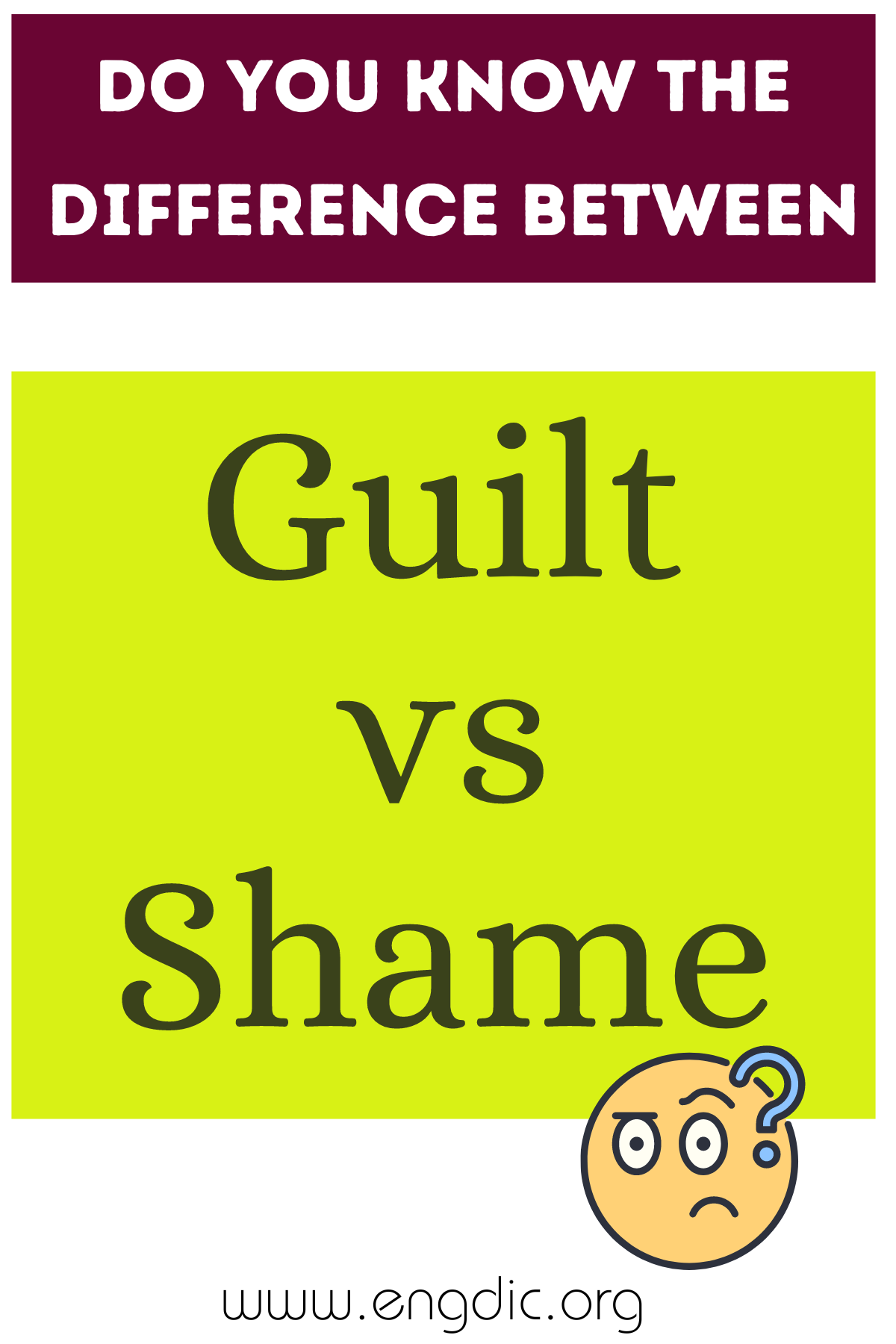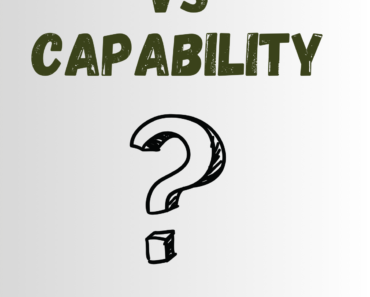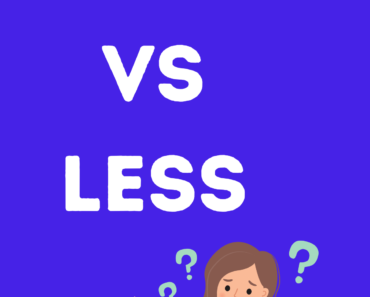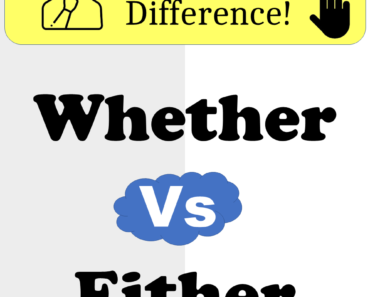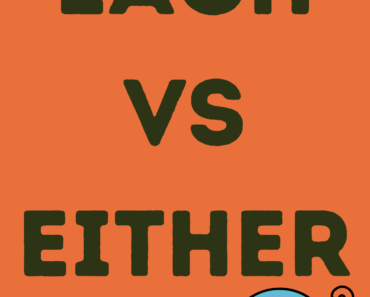While often used interchangeably, guilt and shame have distinct differences.
Guilt arises from a recognition that one’s actions have violated a personal or societal standard, leading to a feeling of remorse. It is tied to behavior and promotes corrective actions.
Shame, on the other hand, is a deeply personal feeling of inadequacy or failure. It is a reflection of how we perceive ourselves in relation to others and tends to be more enduring.
Unlike guilt, which targets specific actions, shame impacts self-worth, leading to feelings of unworthiness.
Guilt
Definition: Guilt is the emotional response triggered when one recognizes that their actions or behavior have violated personal, ethical, or societal standards. It often leads to feelings of remorse and a desire to make amends.
Usage and Examples:
- Moral Accountability: Feeling guilty after telling a lie because it violates personal honesty standards.
- Legal Consequences: Acknowledging guilt in a court case after committing a crime.
- Social Context: Experiencing guilt for unintentionally offending a friend with a thoughtless comment.
Shame
Definition: Shame is a deeply ingrained feeling of inadequacy or failure, often resulting from a perceived flaw in oneself. It affects self-perception and can be more challenging to overcome than guilt.
Usage and Examples:
- Internal Conflict: Feeling ashamed of one’s appearance due to societal beauty standards.
- Public Exposure: Experiencing shame after a public mistake that exposes personal shortcomings.
- Social Comparison: Feeling ashamed when comparing one’s own success unfavorably with that of others.
